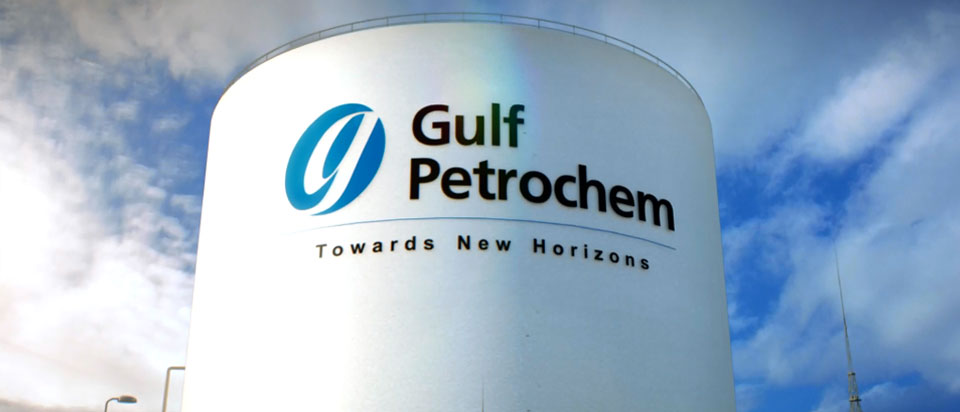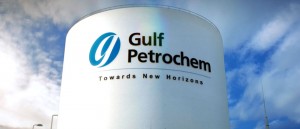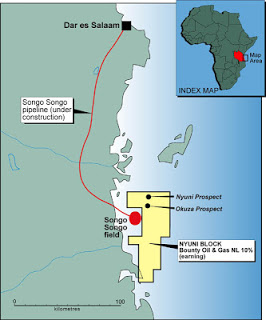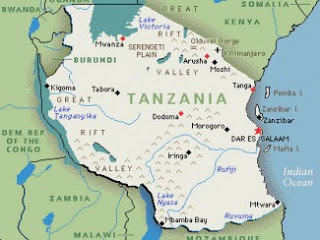4 Facts Every Tanzanian Sholud Know About Gas Industry
Discovery of natural gas in Tanzania is greeted with great optimism, Citizens believe gas is money, and they think through discovery of gas their lives could change dramatically, They think gas sector would bring millions of jobs, and their sons, daughters relatives or themselves will be employed. they bel.In other word they have a lot of expectations.
However their expectation are unrealistic and after knowing these factors you will be aware on how real situation is
1.Few jobs in Oil and gas sector
Reality is, there is very few jobs in Tanzania petroleum field due to nature of the industry. if you don’t trust what i tell you, read this: see why discovery of natural gas in Tanzania could not bring Too Many jobs to Tanzanians as they believe
2.Gas is flowing and government earn money from it.
Citizens believe gas is flowing therefore government and investor are benefit from the revenue generated from natural gas industry. This is untrue. see here why:misconception many Tanzanians on natural gas industry
3.Natural gas industry would improve their living standard
When people talk about this, they take an example of country like Norway, where the discovery of oil in 1969 turn Norwegians into some of the wealthiest people in the world. But the most important things people forget is they never realize that Norway were quite well off even before the discovery
4.Only leaders and rich men will benefit from revenue generated from gas industry.
Citizens believe revenue generated from natural gas will stay in the hands of corrupt leaders and politicians instead of benefit local community. This also is wrong misconception because recently, petroleum companies operating in Tanzania are more detailed about their financial report and also they publish information on the site where they work. This would make difficult for revenue generated from gas industry to stay in the hands of leaders.
MY FINAL WORD
Citizens should be given the right information and from the right sources so as they can be aware on the Tanzania petroleum field.












